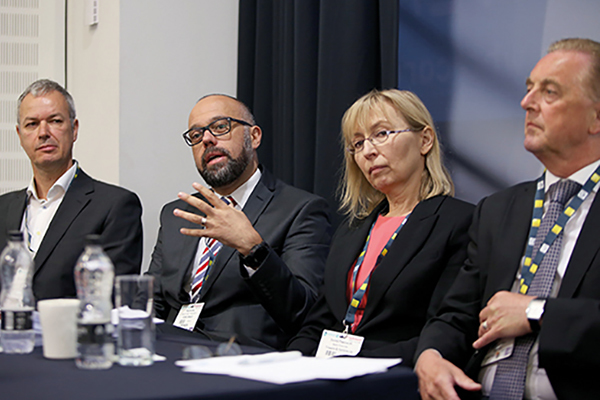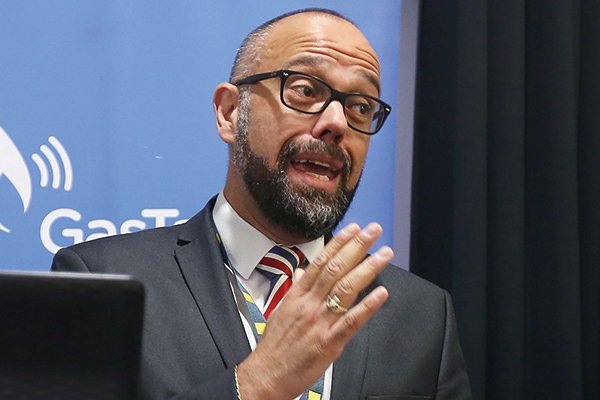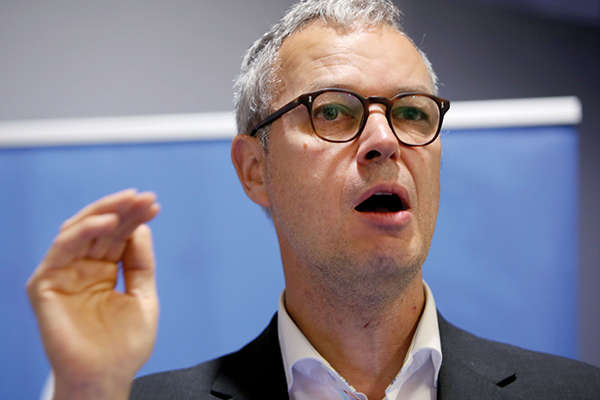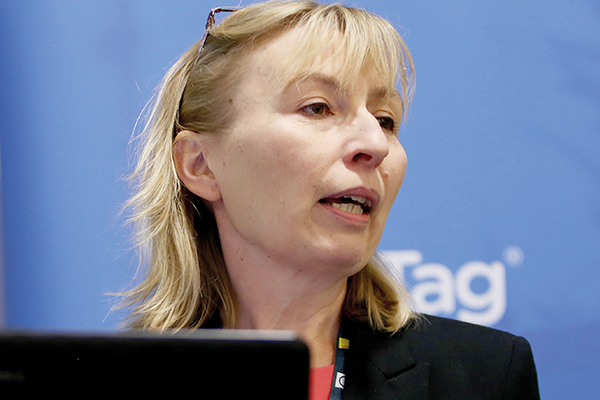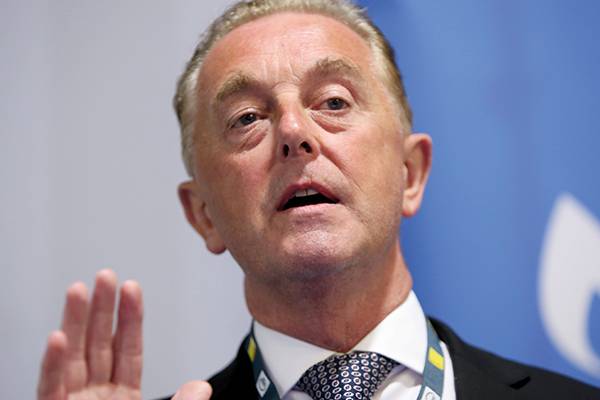The gas safety audit trail
What emerging issues in gas safety should landlords be worrying about? Inside Housing reports
In association with:

Gas safety has received much scrutiny in recent years, with a number of housing associations falling foul of the English regulator for failings in this area. In general, this has been because associations have not followed their own procedures – but nonetheless a number of homes have been left without valid gas safety certificates as a result.
While this has been much discussed, some experts think there are emerging issues in this field that landlords need to be aware of if they are to successfully safeguard tenants and residents in future.
Inside Housing, in partnership with Gas Tag, hosted a breakfast briefing discussion at the Housing 2017 conference in June to explore some of the emerging issues in the field of gas safety and what actions landlords need to take to ensure compliance in the future.
A growing concern for the gas industry is linked to the rollout of smart energy meters throughout Britain. The government has a target to install smart meters in every home across Britain by 2020. While the aim is to be applauded, the impact during installation needs to be given closer attention, according to some gas safety experts.
Chris Bielby, chair of the Gas Safety Industry Group, warns of some of the dangers associated with installation as he opens the session.
“From a professional point of view, I’ve got doubts about the competence of some of the people out there that have been fitting smart meters,” he says.
Mr Bielby explains that poor installations, although not commonplace, do occur. The real challenge comes when these instances of bad workmanship result in gas leaks in the property.
It not only endangers human life, but the costs associated with improper installations can be substantial, he cautions, especially if there is a systemic failure in the process.
“[For] individual failures, I would tack on £10,000, but for systemic failure I would probably take £50m off the bottom line,” Mr Bielby says.
Adrian Webb, non-executive director at Gas Tag, says that many of the teething issues surrounding smart meter installations could be easily be mitigated through the intelligent use of technology and data. “It is possible to eradicate the lack of accountability that underlies poor gas works by making engineers record and become accountable for their work,” he says.
Visual record
Technology exists that allows installers to photograph, geotag and time stamp their work and for that to be catalogued in real time. Mr Webb explains that fortunately most installers have the means to access this technology now – a mobile phone.
He says that having readily accessible data detailing the “installation, maintenance and works carried out on smart meters in homes” is vital to monitoring ongoing practice in the sector.
The current lack of appropriate cataloguing of data in the area “may well come to haunt Ofgem and potentially the whole industry”, he warns.
Mr Webb adds: “One of the predictable effects of [recent tragedies] will be this: failures in the capture of available data that could be used to monitor risk – but has not been – will not be tolerated.”
Dorota Pawlowski, senior associate at law firm Trowers & Hamlins, echoes the view that a lack of a clear audit trail could spell trouble for social landlords. Her recommendation is that all housing providers ensure records are comprehensive.
“Failures in the capture of available data that could be used to monitor risk – but has not been – will not be tolerated.”
Adrian Webb, non-executive director, Gas Tag
“Make sure your records are up to date. Make sure all those efforts that you make to get into a tenant’s property, all the inspections that you do, are recorded,” she says.
For that reason, Ms Pawlowksi argues there should not be a siloed approach to gas meter inspections. It is vital they are checked every time a maintenance professional enters a tenant’s home.
“If you are going in to inspect for something else, have a quick look at the gas meter. You might not be specialists, but just check or ask the tenant if everything is all right.”
Wayne Cole is head of health and safety at Home Group, which manages 55,000 homes in the UK. He says much of the difficulty that stems from smart meter installations for housing associations is that the landlord can be excluded from the process.
“Because we don’t own the meter, that means the utility providers can go straight to our customers and ask directly,” he says.
Tenant incentives
With incentives such as cashback and vouchers offered to residents by utility companies, the prospect of a smart meter installation can be enticing for customers, Mr Cole adds.
To tackle this problem, Home Group has taken a proactive approach to ensure it knows what is going on in its properties. A publicity campaign has been launched to ask tenants to contact the landlord if they are planning to get a smart meter installed in their property.
“Tell us when that’s going to happen because what we can do then is look at our servicing cycle for that property,” he says. “And what we may do is decide to bring that servicing cycle forward, we may decide to contact the utility provider to make sure we understand the quality of the installation going in.”
Mr Cole says the association is taking steps to work more closely with utilities providers to ensure that any smart meter installations are carried out to the standards the organisation aims to meet. A recent trial with a small utilities provider in the South East of England saw Home Group’s own contractors install smart meters.
“That went really well because our quality assurance regime was assured, we knew that meter was going to be installed at the same level we would expect any gas installation in our properties to be,” he says.
The challenge for the landlord going forward is how such partnerships can be rolled out on a wider scale. But what would really help, Mr Cole says, would be a change in legislation compelling the utilities provider to inform the landlord if it is installing a device that could have an impact on the gas installation.
“Currently that isn’t the case, but it would be a great move forward,” he concludes.
Photography by Guzelian
